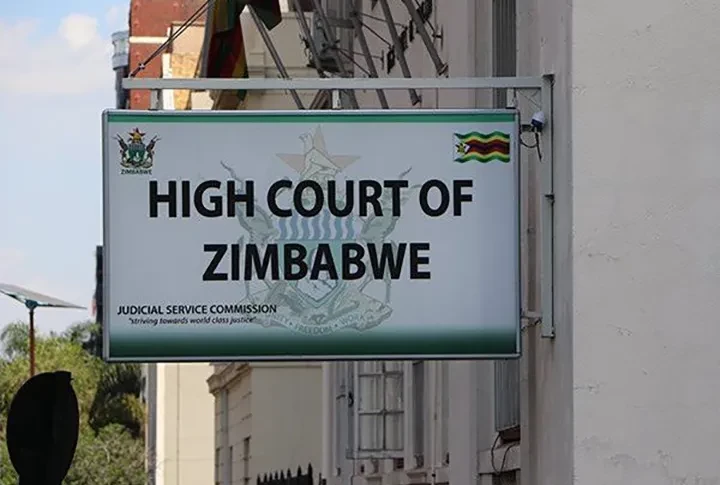
IN a welcome ruling for democracy and human rights, Zimbabwe’s High Court recently struck down section 22A(3) of the Criminal Law (Codification and Reform) Act — widely known as the Patriotic Act — declaring it unconstitutional.
The judgment underscores a fundamental truth: in a mature democracy, patriotism cannot and should not be legislated.
The now-invalidated law criminalised acts deemed to “injure Zimbabwe’s sovereignty or national interest,” including attending meetings with foreign actors or calling for sanctions.
Those found guilty faced penalties as severe as revocation of citizenship, ban from voting or holding office and even the death penalty in extreme interpretations.
Justice Rodgers Manyangadze rightly ruled that the law’s language was vague, broad and susceptible to abuse.
It violated critical rights protected by Zimbabwe’s Constitution — freedom of expression, assembly, association and political participation.
The judge warned of arbitrary arrests and a chilling effect on public discourse, especially for journalists, activists and civil society organisations.
This ruling echoes concerns long raised by legal experts and human rights defenders.
- Mavhunga puts DeMbare into Chibuku quarterfinals
- Bulls to charge into Zimbabwe gold stocks
- Ndiraya concerned as goals dry up
- Letters: How solar power is transforming African farms
Keep Reading
Terms like “intentionally partake” or “wilfully injuring sovereignty” were undefined and legally imprecise, creating fertile ground for politically-motivated prosecutions.
As advocate Tendai Biti argued in court, the Act introduced standards so vague they lacked any meaningful legal threshold.
The law’s origin lies in the government’s desire to suppress dissent and criticism — especially at the international level.
But stifling dialogue under the banner of “patriotism” is not only undemocratic, it is counterproductive.
Real patriotism does not silence; it listens.
It is not demonstrated through coerced loyalty but earned through transparent and accountable governance.
Zimbabwe’s Constitution provides for the protection of national security, but it does so within a framework of rights and legal clarity.
The Patriotic Act, in contrast, attempted to override constitutional protections in favour of vague political loyalties.
It also further blurred the line between party and State — criminalising criticism of the government as if it were an attack on the nation itself.
This conflation is dangerous.
It reduces democratic debate to treason and places the ruling party above reproach.
The result is a shrinking civic space, where journalists fear arrest, human rights defenders are threatened and political opposition is demonised.
This is not the hallmark of a democracy; it is the behaviour of a State that fears its own people.
To be clear, no democracy thrives without criticism.
Constructive dissent is not disloyalty — it is a vital part of national progress.
Those who speak out against injustice or advocate internationally for accountability do so not out of hatred for Zimbabwe, but love for its people and a belief that it can do better.
The High Court ruling should be a turning point.
While parts of the law remain on the books, the invalidation of section 22A(3) sends a powerful message: patriotism cannot be policed and vague, draconian laws have no place in a constitutional democracy.
If the government truly wants to foster patriotism, it must do so by creating a nation worth loving — one grounded in justice, human dignity and shared prosperity.
That cannot be legislated. It must be lived.
Zimbabwe stands at a crossroads. The High Court decision offers an opportunity not just to strike down a bad law, but to reaffirm a commitment to democratic principles.
Laws must be precise, just and in service of the people —not tools for silencing them.
In a democracy, patriotism cannot be dictated. It is cultivated through respect, dignity and shared progress.
Zimbabweans have shown time and again — from the liberation struggle to the #ThisFlag movement — that they are willing to fight for their rights and their nation.
The State must show that it is worthy of citizens' patriotism by upholding the freedoms enshrined in the Constitution and repealing laws that seek to undermine them.
Patriotism is not found in fear — it is found in freedom.






